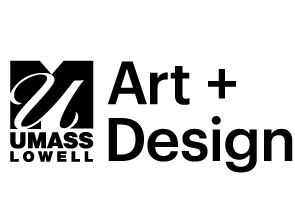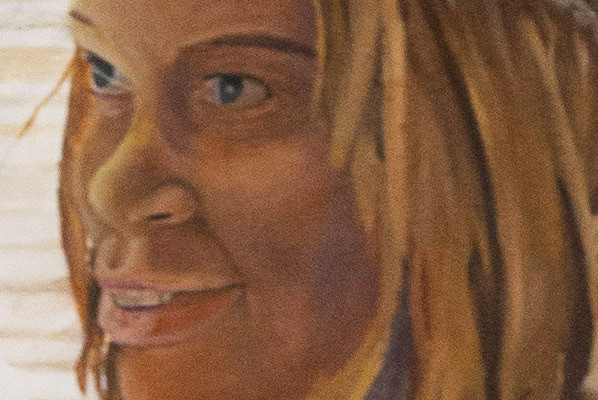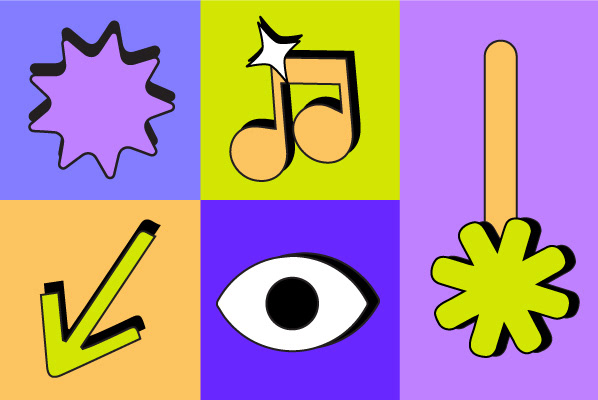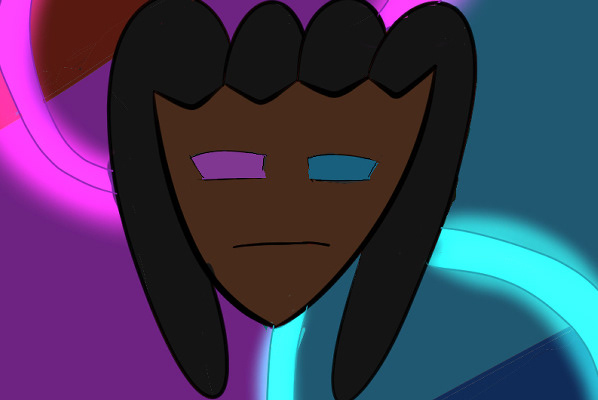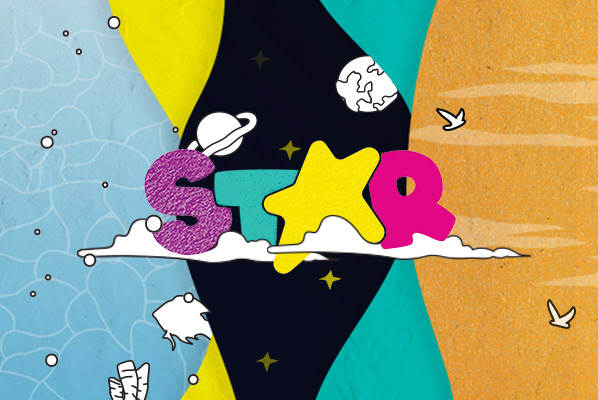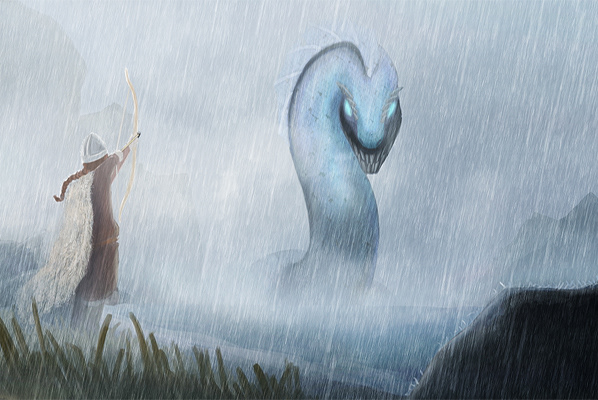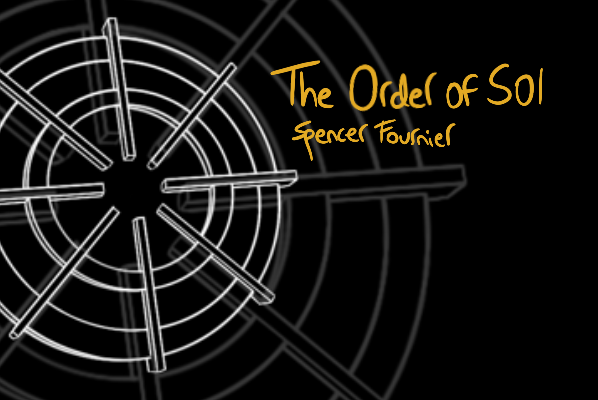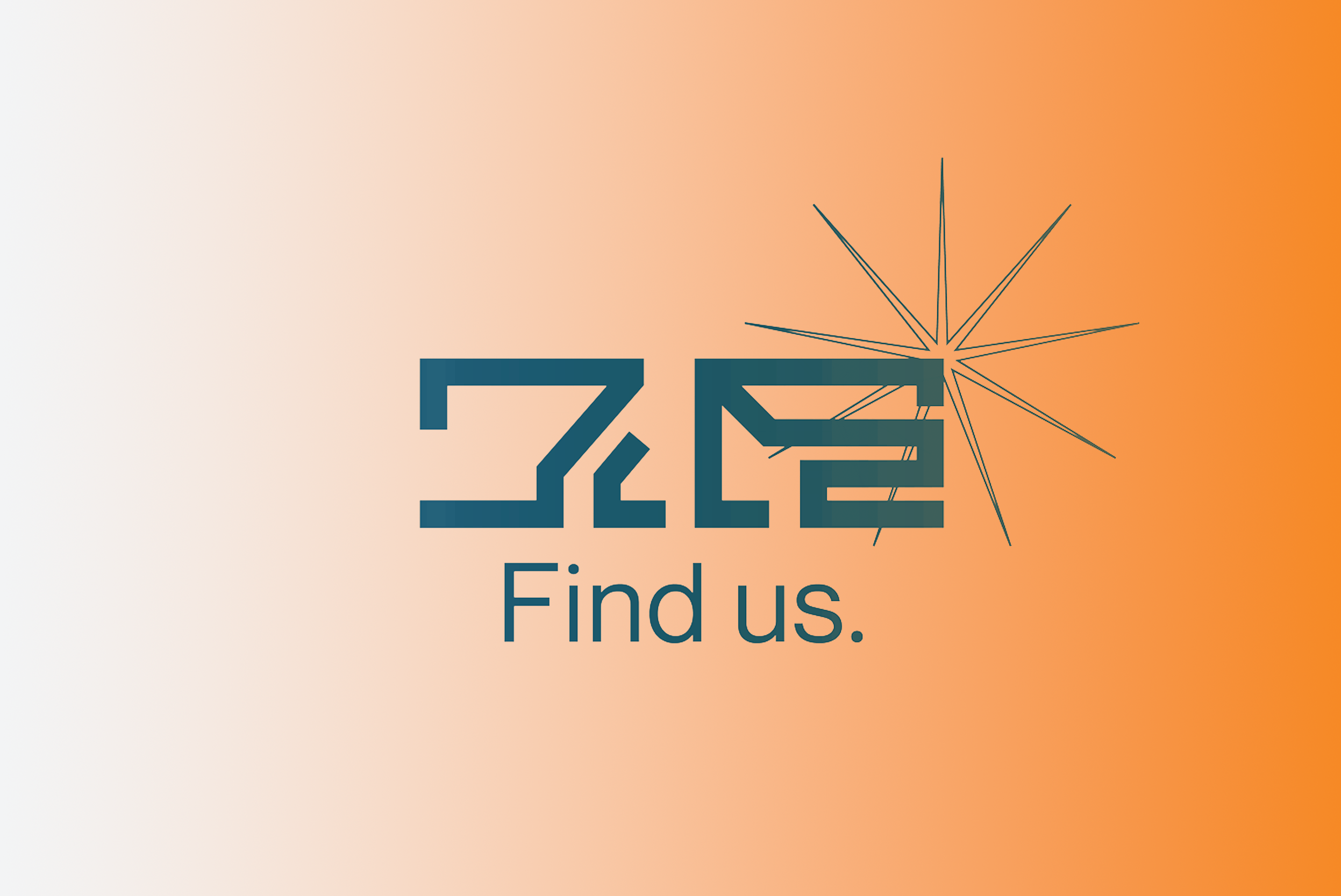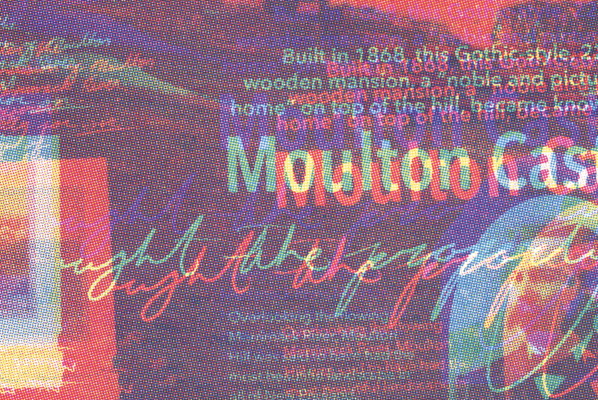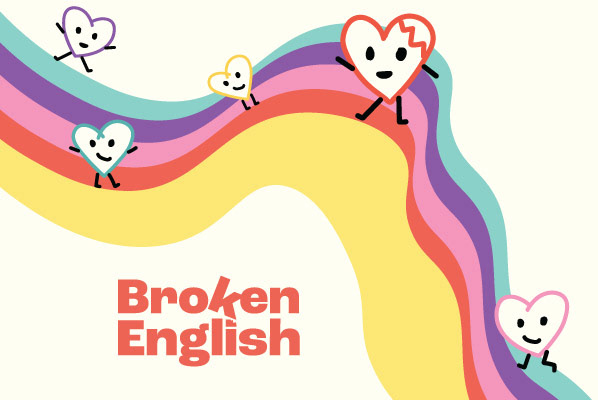John St.Hilaire
TERA is the exploration and ideation of a tech company that makes smart agriculture products for its users in order to provide cheap and easy access to fresh produce as well as fostering conversations on global sustainability.
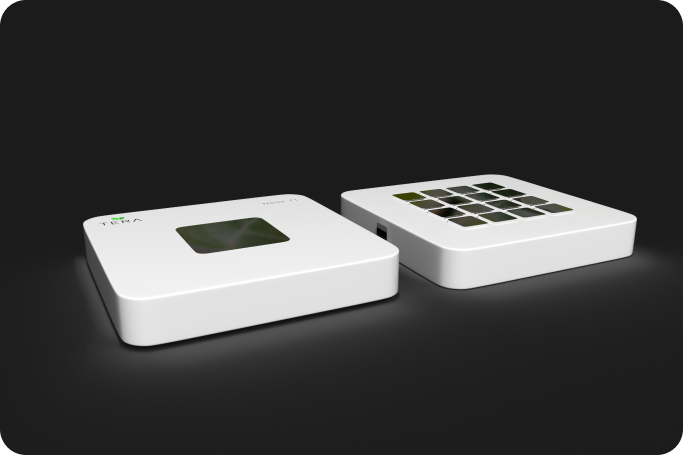

Artist/Thesis Statement
Technology is a force that has had profound effects on nearly all aspects of our lives, with no end in sight. The first industrial wave revolutionized agriculture and the way we produced food, and the second one is likely to do the same. Automation and agriculture technology helped us feed a growing population, but also put strain problems such as excess water usage, greenhouse gas emissions, and habitat destruction. Could this technology be reimagined to fit a small scale?
Urban gardens have become more frequent in recent years, and while having many benefits over traditional farms, they still use more water and more non renewable materials in comparison. Many studies have suggested that this gap could be narrowed significantly by the use of sensors, automation and data science — namely machine learning, where a program can use data to learn and make better predictions in the future. On the upside, urban gardens can reduce food waste and emissions caused from the transport of food, a process known as food localization. Many young people — including myself, care deeply about issues involving sustainability. Many brands do good work in practicing and promoting social issues, and can help spark and support broader cultural conversations.
There is a young, tech savvy population who know the benefits of eating healthy, yet eats less vegetables daily than any other group. This is a generation of financially literate individuals who nevertheless eat out more than any other demographic group. Why? Among adults aged 19-29 years old, the most common answers to these questions are time, space, and investment. Many live in “Food Deserts'' — areas with little access to fresh and nutritional food. Could the skills of these “digital natives” be leveraged to provide easier access to growing vegetables and other plants?
The solution I came up with was an ecosystem of smart farming products that would allow users to maintain and monitor their gardens with devices like smartphones, wearables, and home assistants. Over the past decade, smart home technology has entered the mainstream in a big way. There is a big opportunity to incorporate these suddenly available technologies to help make peoples’ lives better. There have been some products created in this space, but most of these are in essence smart plant pots, which quickly become expensive at scale. My system takes a different approach, and takes the technology to the plants to create an ecosystem that is cheap, flexible, modular, and easily scaled.
Product Design
UX/UI
Process
